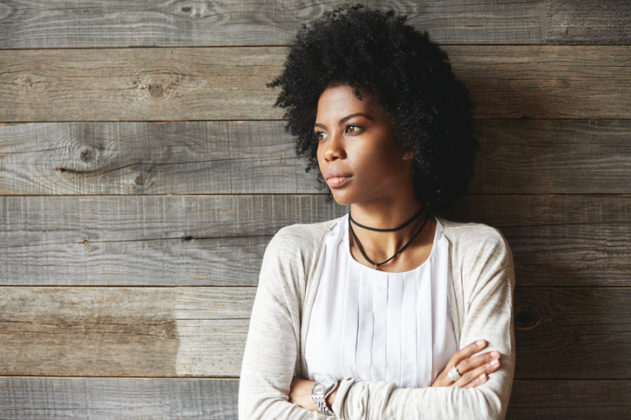I spend too many moments of my day reminding myself that every second with my baby boy is one more that can’t be stolen.
Today I’m angry and I don’t know why.
It could be that I spent my morning trying to figure out how to explain to well-meaning white folks why I don’t think it’s a good idea for black children to socialize with the police. Maybe it’s because a white woman in the grocery store touched my 8-month-old’s hair without asking. It might be that I found myself remembering once again that my mom is a college-educated middle-aged woman who earns an hourly wage and the white man promoted as her supervisor has only a high school education and is my age.
The cable news networks have been reporting on O.J. Simpson’s parole hearing. They didn’t say it, but they were hoping to see him taken down a notch, to see him hope for freedom and get it denied. An MSNBC ad about an upcoming O.J. special keeps complaining that he is “arrogant.” Worst thing for a black man to be, really.
People often wonder how I can post about injustice without it getting to me. And, of course, it affects me. I can’t tolerate fictional representations of violence. I suppress panic and fear every time a police car looms in my rearview mirror. I’ve stopped watching videos of black bodies being maimed and killed. I nearly lost it when I saw a few seconds of the video showing Philando Castile’s girlfriend’s daughter trying to calm her mom so the cops wouldn’t kill her, too.
I feel like I’m malfunctioning all the time.
I spend too many moments of my day reminding myself that every second with my baby boy is one more that can’t be stolen. I tell myself that my current life offers more security than most, clean water, good food, a comfortable bed, freedom to go almost anywhere I want. I am doing better than most. I am not in jail. I am not broke. I am not disabled. I am, thank God, good enough at certain things that I have managed to survive. I am loved.
I am lucky.
Last week, I burst into tears explaining to my partner how much more perilous I now know it was to be a little black girl raised in the hood. I lived in apartment buildings that probably had lead paint, but I wasn’t left impaired like Freddie Gray. I grew up during the crack epidemic, but had a brilliant, hardworking mom who never struggled with addiction. My mostly absent father died when I was a kid, but I barely missed him (because I barely knew him). I grew up largely in a city where people got shot on a semi-regular basis, but I was never harmed.
And now I live in a town with people who are afraid of kids who come from all the places I spent my childhood.
(Sometimes, when I’m most honest with myself, I wonder if I’m afraid of the kids who come from all the places where I spent my childhood.)
I am not unscathed. I am constantly preparing for an onslaught that might come in the form of a conservative website that attacks vulnerable women of color professors, a snide woman in a local mom’s group, or a police officer having a rough day. Every day I have to get up and brush my teeth and clean my house and feed the dog and care for my baby. And survive.
Still work calls, moms call, babies call. I keep searching for words to describe what it means to move through this country as a black woman, but all I can picture is a black girl walking down a hot, sunny road with weights hanging from her hands and feet. Trudging, one foot in front of another. It’s just Monday, after all.
Khadijah White is an Assistant Professor in the Department of Journalism and Media Studies at Rutgers University. She is currently writing a book on the rise of the Tea Party brand in news.
Other Links:

